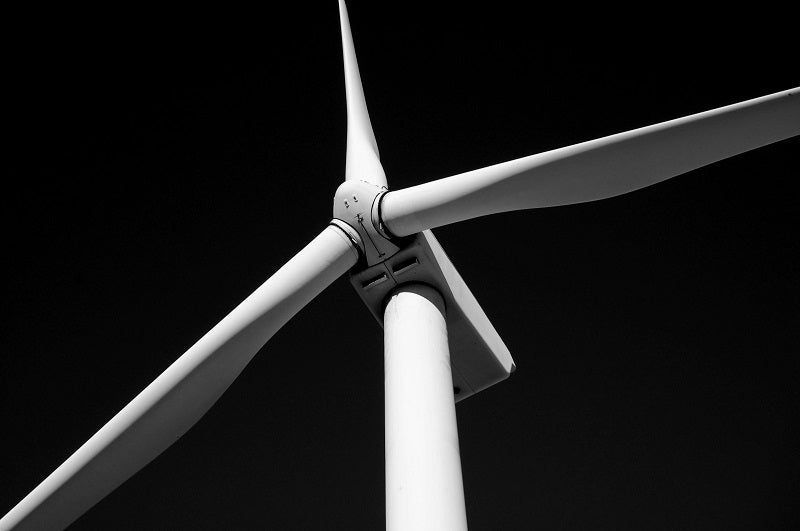
A French court has awarded damages to a Belgian couple who allege that a wind turbine near their house negatively impacted their health.
The decision by the Toulouse Court of Appeal sets a precedent by ruling in favour of plaintiffs claiming the existence of “wind syndrome”. The ruling last week overturned a decision by the court of Castres made in 2020.
Plaintiffs Christel and Luc Fockaert claimed that turbines near their house in southern France caused headaches, insomnia, depression, and nausea. After moving away from the area in 2015 on advice from their doctor, the couple claimed their symptoms stopped.
The couple began their legal case in 2017. This led to three years of medical observations, which concluded in 2020. In January of that year, the court dismissed the case. The new decision by the Court of Appeal awarded the couple €120,000 after hearing testimony concerning “wind turbine syndrome”.
This phrase describes an unproven and rarely-experienced link between various medical complaints and wind turbines. Medical papers have never found any evidence of potential causes or unusual symptoms. Often, doctors have attributed symptoms to a negative form of the placebo effect, where complainants experience negative health effects due to their belief in a cause.
In 2008 and 2009, Margnes Energy and Sasu Singladou Energy erected six turbines between 700m and 1,300m from the Fockaert’s house. A wooden screen initially hid the turbines from the couple’s property, but the couple say their issues started after this burnt down in 2013.
Luc Fockaert told the court: “In the beginning, we weren’t against the installation of the turbines, but gradually our daily life became nightmarish”. His lawyer said that flashes of light from the turbines gave the plaintiffs the feeling of “living in a permanent thunderstorm”.
Anti-wind groups have supported the ruling, saying that it legally recognised “wind turbine syndrome”. While the case sets a new precedent, the couple’s lawyer Alice Terasse said: “This case cannot be reproduced. This wind farm caused an unusual nuisance because of its configuration but each case is difference and should be examined differently.”



